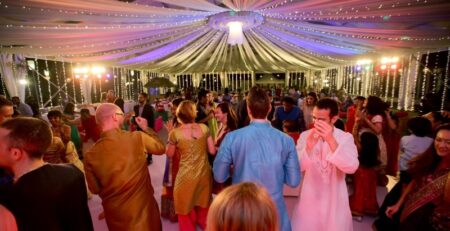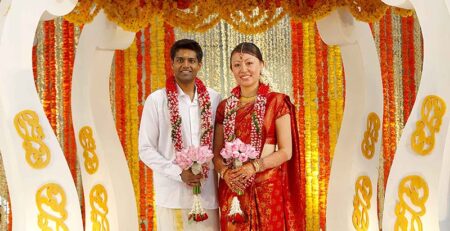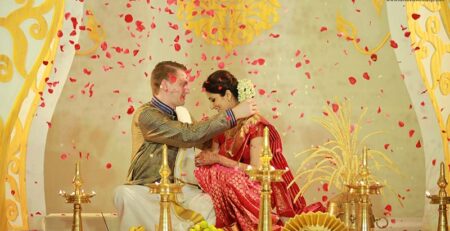Legal Assistance in Weddings
Marriages have many legal implications. To legally marry in India is quite a long process for a foreigner. An Non-Resident Indian (NRI), a Person of Indian Origin (PIO) or a citizen of another country can either marry through a religious or a civil marriage ceremony.
Religious Marriage Ceremonies
A religious marriage ceremony is usually a legal marriage in India. However, nowadays, registration of marriage is a legal requirement in most states. Additionally, a formal marriage certificate from the Registrar of Marriages is required for visa and immigration purposes.
Since India is a land of many religions and cultures, there are laws, rules and regulations for different religions. Some of them are the Hindu marriage Act, Muslim Marriage Act, Christian Marriage Act, etc.
Civil Marriage Ceremonies
If you are not going for a religious marriage, then you could opt for a civil marriage. This is a legal marriage falling under the Indian Special Marriage Act of 1954. For foreigners, marrying an Indian national requires filing a notice of intended marriage with the Registrar of Marriage. The Registrar can be of your choice.
The notice received is to be published for a stipulated period of time, which is usually 30 days. At the end of the stipulated period, the Marriage Registrar is free to perform your marriage. This notice of intended marriage circulates only in India. Either one partner should be a permanent resident and the other, a temporary resident of India.
If one partner is a foreign resident, then the Indian partner will have to fill out the Marriage Notice. He or she will then send it to their foreign partner, who has to fill it and return it.
For foreign citizens who choose a civil marriage ceremony in India, they must produce a ‘No Objection Letter.’ They should present it to the marriage officer from their Embassy or Consulate. He or she will also have to submit a the proof of termination of any previous marriages.
Once the Indian partner receives the notice from the foreign country, he or she will have to re-submit the form at the Marriage Registration Office. After the submission, both parties should wait for the stipulated time of 30 days before which the marriage cannot take place.














Leave a Reply